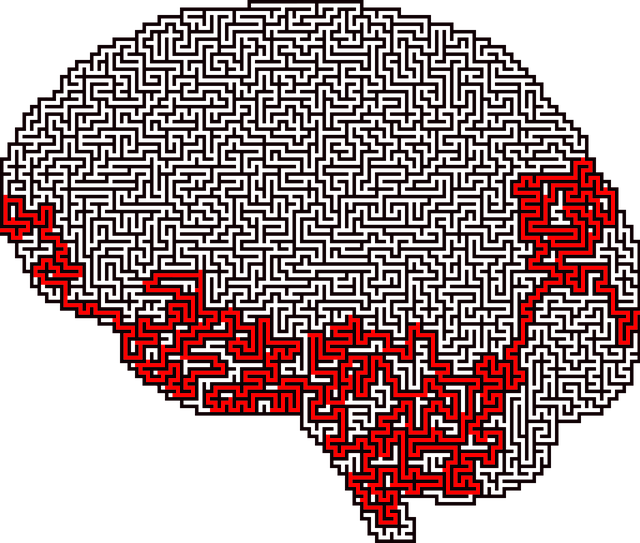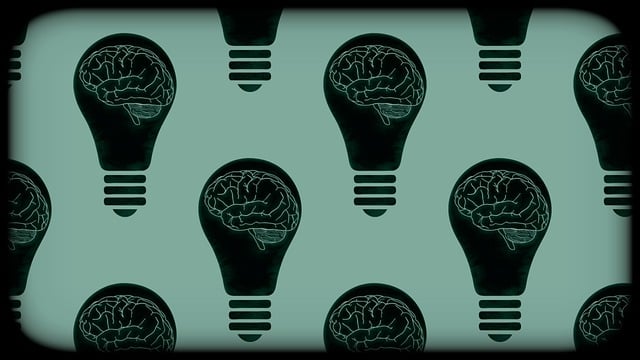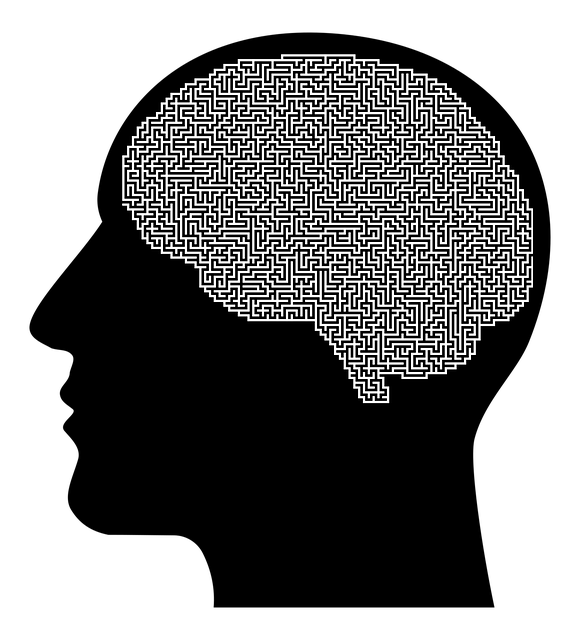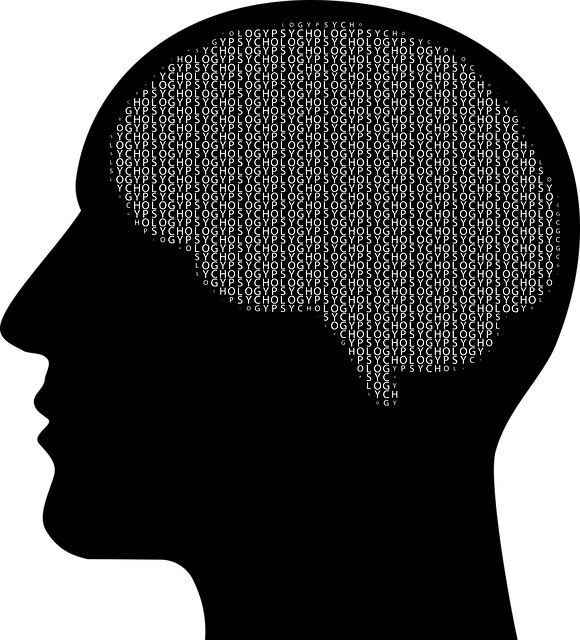Understanding Mental Health Data is a foundational step for analyzing complex topics like Denver EMDR Therapy. This process involves collecting data from various sources, meticulously preparing it for analysis by cleaning, transforming, aggregating, and normalizing. Cultural competency training ensures data interpretation considers cultural influences on mental health. Denver EMDR Therapy, an evidence-based approach using Eye Movement Desensitization and Reprocessing to process traumatic memories, combines this method with self-care and compassion cultivation for tailored interventions. Accurate data interpretation aids in treatment planning, policy analysis, advocacy, and risk management, ultimately enhancing Denver EMDR Therapy's impact on mental health care systems.
Mental health data analysis is a powerful tool in understanding and improving patient care. With advancements in technology, we now have access to vast amounts of information that can guide treatment strategies. This article explores the process of analyzing and interpreting mental health data through the lens of Denver EMDR Therapy, a cutting-edge approach. We’ll delve into effective collection and preparation methods, advanced analytical techniques, and practical applications, offering insights into how data can enhance therapeutic outcomes and personalize patient experiences.
- Understanding Mental Health Data: Collection and Preparation
- Advanced Techniques for Efficient Analysis
- Interpreting Results: Practical Applications with Denver EMDR Therapy
Understanding Mental Health Data: Collection and Preparation

Understanding Mental Health Data is a foundational step in any analysis, especially when it comes to complex topics like Denver EMDR Therapy. The process begins with data collection, where various sources such as surveys, clinical notes, and electronic health records (EHRs) play a crucial role. These tools capture insights into individuals’ psychological states, behaviors, and experiences, offering a glimpse into their mental well-being. However, raw data often requires preparation to ensure it’s accurate, consistent, and ready for analysis. This step involves cleaning the data to handle missing values, inconsistencies, and errors, ensuring that only reliable information is utilized.
Preparation also includes transforming the data into meaningful formats, aggregating it where necessary, and normalizing it to facilitate comparisons. For instance, integrating Self-Awareness Exercises or Mind Over Matter principles into the analysis can provide unique perspectives on mental health trends. Moreover, Healthcare Provider Cultural Competency Training is essential in interpreting data, as it enables professionals to understand cultural nuances that might influence how individuals express and perceive their mental health issues.
Advanced Techniques for Efficient Analysis

In the realm of mental health data analysis, advanced techniques play a pivotal role in extracting meaningful insights and enhancing therapeutic outcomes. One such innovative approach is Eye Movement Desensitization and Reprocessing (EMDR) therapy, gaining traction in Denver’s therapeutic landscape. This evidence-based method facilitates the efficient processing of traumatic memories, enabling individuals to find relief from distressing symptoms. By combining bilateral stimulation with guided memory recall, EMDR helps clients reprocess and resolve unresolved emotional experiences, offering a game-changer for those seeking profound mental health improvements.
The integration of advanced techniques like EMDR into data analysis practices empowers therapists to deliver tailored interventions. This is further supported by self-care practices and stress management strategies that promote resilience among clients. Additionally, compassion cultivation practices have been shown to foster empathy and understanding, creating a supportive environment for healing. Such comprehensive approaches not only streamline the analytical process but also contribute to the overall well-being of individuals navigating mental health challenges.
Interpreting Results: Practical Applications with Denver EMDR Therapy

When analyzing mental health data, interpreting results accurately is key to effective treatment planning. Denver EMDR Therapy, for instance, utilizes Eye Movement Desensitization and Reprocessing techniques to help individuals process traumatic memories. By examining patterns in the data—such as changes in emotional responses, self-reported symptoms, or neurophysiological measures—therapists can gauge the efficacy of the treatment and adjust their approach accordingly. This real-time feedback allows for personalized interventions, fostering more meaningful progress towards self-esteem improvement.
Moreover, practical applications extend beyond individual therapy. Mental health policy analysis and advocacy can benefit from data-driven insights into trends in mental illness prevalence and treatment outcomes. Risk management planning for mental health professionals becomes more informed when grounded in robust data analysis, enabling better resource allocation and service delivery strategies. Ultimately, these interpretations drive improvements in mental health care systems, aligning with broader mental health policy initiatives.
Mental health data analysis is a powerful tool that, when combined with advanced techniques like those employed in Denver EMDR Therapy, can significantly enhance our understanding of and interventions for various mental health conditions. By efficiently interpreting results from well-prepared datasets, healthcare professionals can tailor treatments to individual needs, ultimately improving patient outcomes. This article has explored the basics of data collection, advanced analytical methods, and practical applications, underscoring the transformative potential of data-driven approaches in mental health care.













